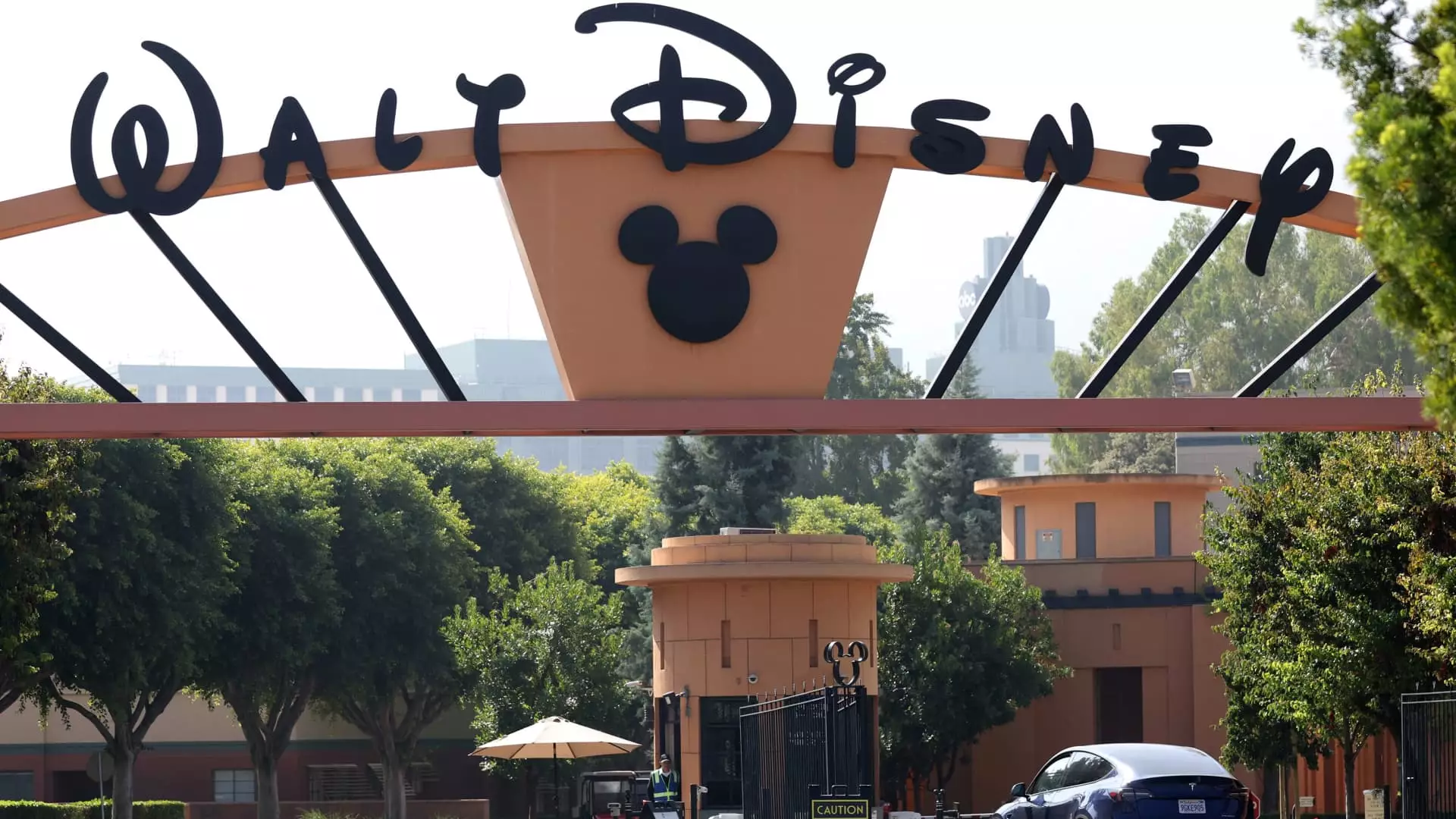In a startling move, the Federal Communications Commission (FCC) has initiated an investigation into the Walt Disney Company’s stance towards diversity, equity, and inclusion (DEI). While the word ‘inquiry’ may sound benign, it signals a formidable confrontation between federal oversight and corporate policy—a clash that could forever alter the media landscape. Under the leadership of Chairman Brendan Carr, the FCC aims to scrutinize whether Disney’s DEI efforts have crossed an important line into discriminatory behavior against non-targeted groups. It’s as if the commission is wielding a magnifying glass over corporate America, demanding adherence to stringent employment guidelines designed to foster equity, rather than sow division.
This move isn’t just about compliance; it’s indicative of a broader, palpable tension surrounding corporate responsibility and civic accountability—a battle that sees traditional norms being challenged in the name of progressivism. For a media titan like Disney, this scrutiny comes at a time when it should be more focused than ever on providing enriching content rather than facing bureaucratic headaches.
The Influence of Politics on Corporate Culture
The motivations behind this investigation are not merely bureaucratic; they also reflect a deeply politicized environment in which corporate America finds itself entangled. Following former President Trump’s executive order aimed at snuffing out DEI programs, the FCC’s actions echo a larger sentiment within the conservative sphere, clinging to the belief that enforcing DEI is a form of social engineering. It raises alarming questions about where an administration’s influence ends and a corporation’s rights begin.
Disney’s foray into DEI initiatives suggests a commitment to progressive values, but this collision with regulatory powers opens an avenue of criticism that could overshadow their creative achievements. Are corporations now expected to navigate a political minefield with every initiative? Can they even be true champions of diversity if they’re being scolded for perceived missteps? It becomes essential to question whether this inquiry genuinely aims to ensure fairness in hiring practices or if it serves as nothing more than a weapon of political retribution.
What This Means for the Future of DEI
As we dissect the complexities of this investigation, we must ask: what does this mean for DEI at large? Disney’s historically beloved status as a provider of family-friendly content is now perilously balanced against corporate pressures informed by political ideology. The responsibility lies not only on Disney but also on society to evaluate how enforcement mechanisms could undermine genuinely altruistic social movements.
If DEI initiatives are perceived as discriminatory rather than integrative, we risk creating a dystopian environment where fear and caution stifle innovation and creativity. The past mantra of “including every voice” becomes suffocated under the weight of scrutiny—a reality detrimental not just to corporations, but to the very values DEI was meant to uphold.
Disney faces a crossroads: will it stand by its progressive ideals and risk further scrutiny, or appease external pressures at the potential cost of its reputation as a leader in social change? The consequences of this battle will resonate beyond the boardrooms, serving as a litmus test for corporate America about its role in the evolving societal narrative surrounding inclusion and equity.


Leave a Reply